What is a c-section?
A c-section is a surgical act. The surgeon will work in the Operation Room usually the patient is under local anesthesia but general anesthesia may be necessary.
Baby will be borne by an incision in the mother’s abdomen and uterus.

When do you need a C-section?
Many situations may require a C-section but it can also be the choice of the pregnant woman, as she prefers to have a c-section rather than a natural delivery.
Situations requiring a C-section are:
– Small pelvis compare to the baby weight
– Baby is in a bad position (Bottom back)
– The cervix doesn’t dilate properly during the labor time
– You are expecting twins or triplet!
– Your health condition is not good enough (polycystic ovaries, fibroma…)
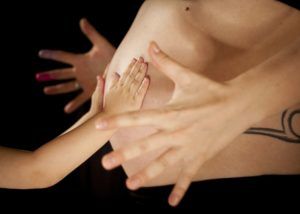
What Happens following the C-section?
You could have a urinary catheter during 24h and a midwife will put you on an analgesic drip.
Obviously, don’t lift/carry heavy objects (heavier than your baby weight) for 40 days after the C-section. It means: NO buggy, carrycot,…
Don’t take a bath or go to the swimming pool during these 3 weeks to avoid any infection risk!
Your transit will be slower (you will have your first gas after 12 or 24 hours) and it will cause constipation which you can manage by using simple techniques.
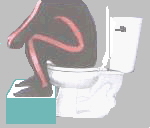
Your blood circulation is weaker and it will be important to facilitate blood return (cf vascular gymnastic):
– Avoid sitting position during the first days to help the healings of the c-section scare
– Keep your leg raised and stand up very often.
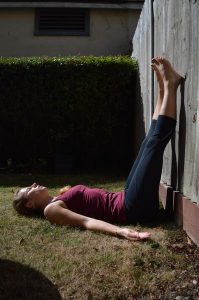
Don’t hesitate to ask for help when you will stand up the first time (cf video below, follow the same advices)
Your scar is fragile:
Every time you cough, sneeze, laugh…, it will pull on the scar tissues and produce pain. To protect it, hold the scar with both hands to lift it.
For the first 3 weeks, put Mepiform on your scar. It is a silicone plaster and it will help the healing process and avoid ugly scar.
You also could put mother tincture of calendula or any scar reduction cream.
Start to massage your scar as soon as the edges of the wound are closed (21 days): Feel free to ask to your physio how to do it:
– At the beginning, convergent and slide movements
– Later, divergent and circular movements
– Much later, “palper rouler” and ventouse
Do not forget than, even with a c section, you need to retrain your pelvic floor afterwards. And, obviously, take care of your abdominal muscles!
Back pain due to
- Gluteal muscles spasms
- Quadratus lumborum muscles spasms
- Piriformis muscles spasm
- Sacro iliac inflammation
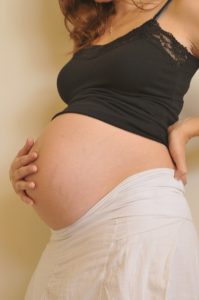
https://myfrenchphysio.london/womenhealth-obstetric/obstetric-post-natal-pelvic-floor/how-to-recover-after-a-caesarean-part-1-d0-d21/
https://myfrenchphysio.london/womenhealth-obstetric/obstetric-post-natal-pelvic-floor/how-to-recover-after-a-caesarean-section-part-2-d21-d90/



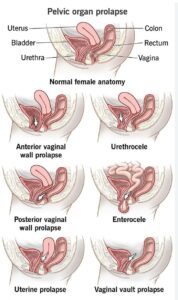
2 Responses
How soon is it safe to try for a baby after a c section?
Whdt exercises can help reduce the overhang after a c section?
Hi Shailu,
Thank you for your questions.
A year after a C-section is safe to try to have another baby.
For the exercises, you can look at this article:
https://myfrenchphysio.london/womenhealth-obstetric/obstetric-post-natal-pelvic-floor/how-to-recover-after-a-caesarean-part-1-d0-d21/
We are going to publish a second one about exercises to do after D21 so don’t hesitate to follow our youtube channel to be informed!